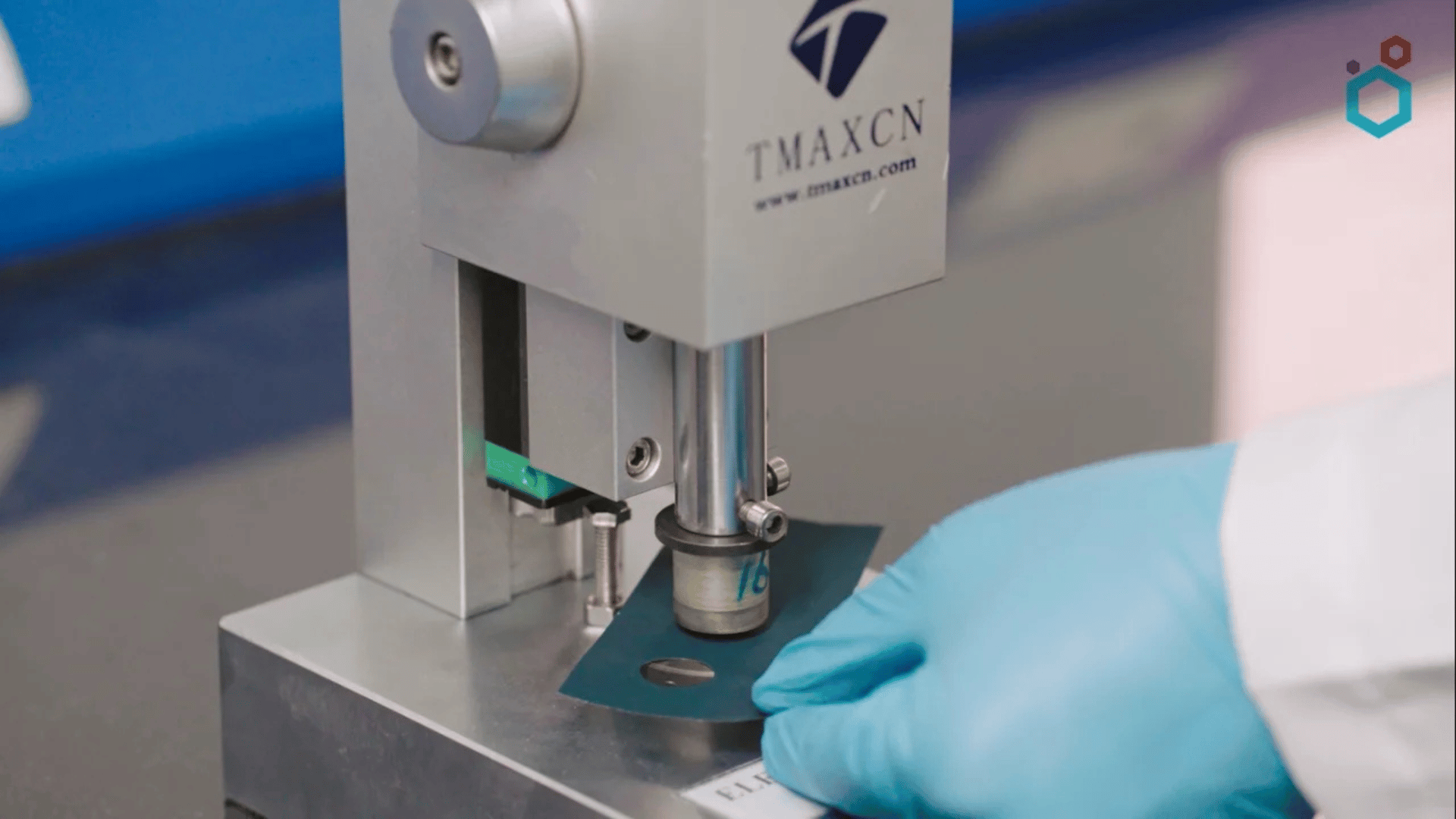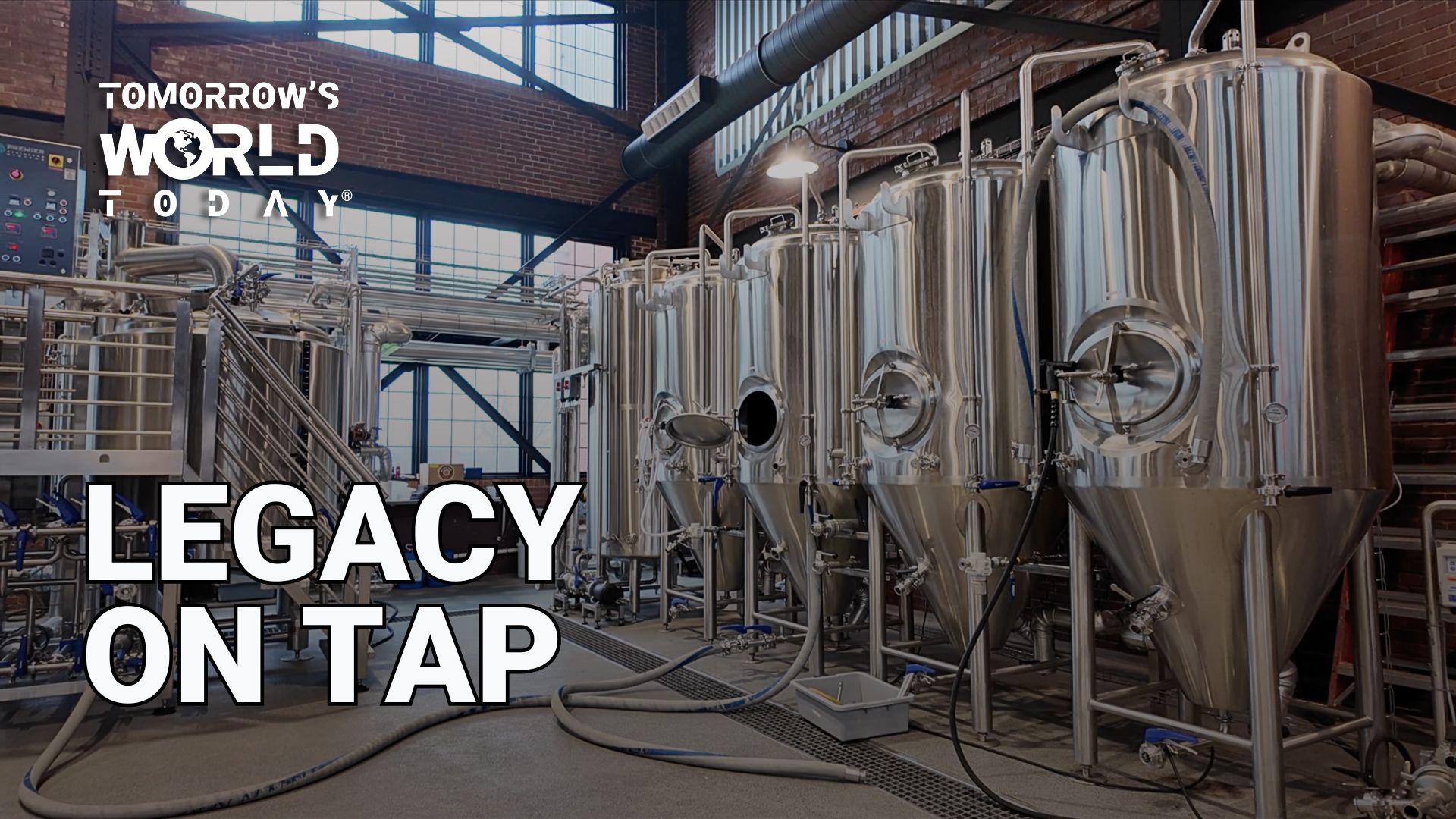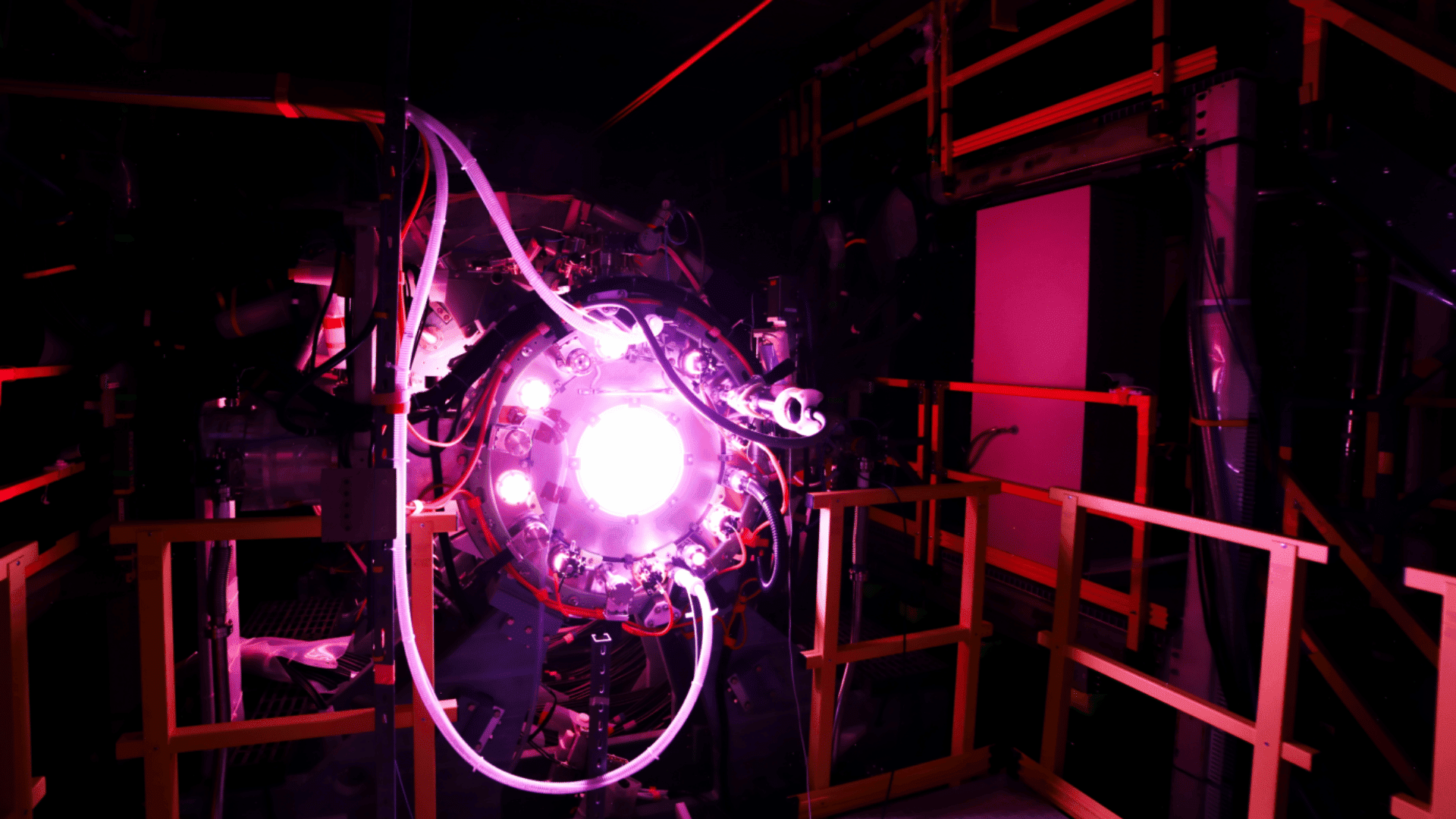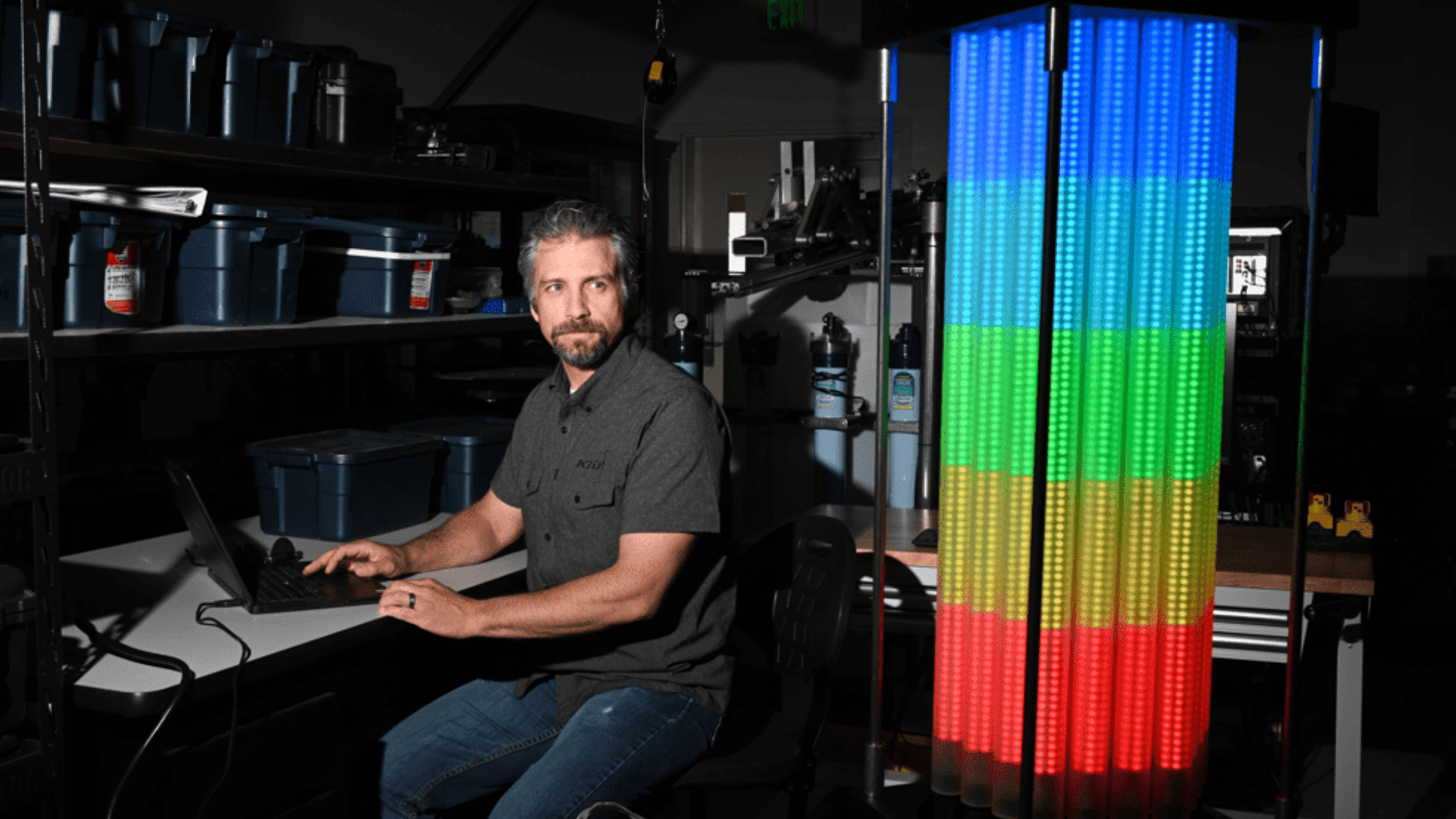A chemistry breakthrough opened the door for advancements in Sodium-Ion battery technology. Chemists at Macsen Labs, a company known for pharmaceuticals and chemicals, announced the major leap in battery technology. They reportedly synthesized a high-performance cathode material, Prussian White, for Sodium-Ion batteries.
According to the researchers, they filed a provisional patent for their process, which is already optimized for battery use. This move brings them closer to pilot-scale manufacturing.
Sodium-Ion Batteries and Their Advancement

CEO of Macsen Labs, Achal Agrawal, explained how the pharmaceutical company ended up in the energy storage space.
“While working on Prussian Blue as a drug for radioactive poisoning, we discovered its derivative – Prussian White, which was emerging as a leading candidate for Sodium-Ion battery cathodes,” he said. “That moment of curiosity led us down this path.”
Researchers say this journey began a year ago without electrochemistry experience. Without specialized equipment, the team had to fabricate a basic pouch cell in a regular chem lab. “When that small cell lit up an LED bulb, we knew we had something worth pursuing,” Agrawal said. This discovery transformed the chemistry lab into a “full-fledged” electrochemistry lab equipped with rapid prototyping and testing.
The team already produces Prussian White at a kilogram scale and has achieved one of its finest quality variants.
Macsen reportedly yielded Prussian White with an energy density over 150 mAh/g, which they say is comparable to Lithium Iron Phosphate (LFP). “Performance-wise, it’s at par with LFP, but made from abundant, low-cost materials like sodium and iron,” Agrawal explained. “And these elements are easily available, affordable, and free from geopolitical constraints.”
The lab created a new Macsen Energy entity focused primarily on energy storage innovation. Agrawaal believes sodium-ion batteries have potential in electric vehicles and stationary energy storage systems to manage renewable energy.
Macsen’s Sodijm-Ion battery technology combines Prussian White with a hard carbon anode. Researchers say this makes it ideal for grid and solar energy storage, household backup, short-range EVs, and rural microgrids.







